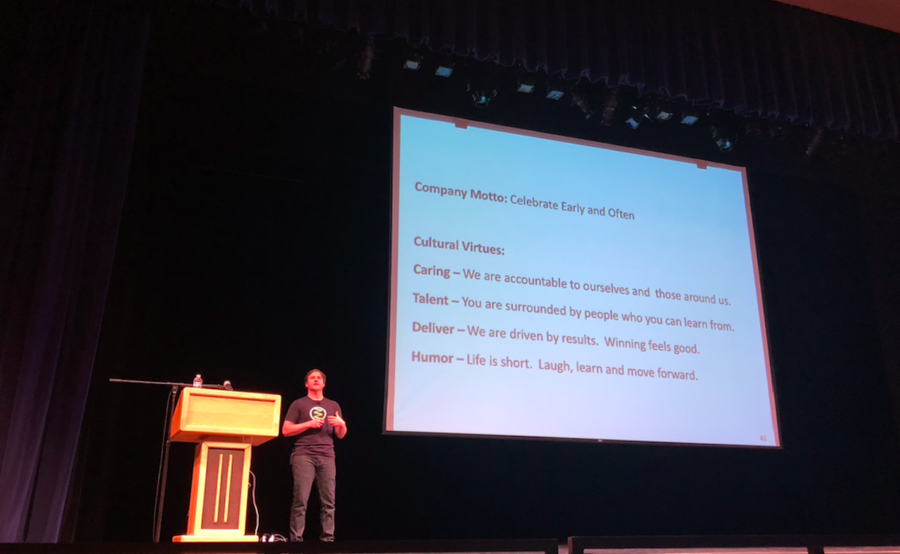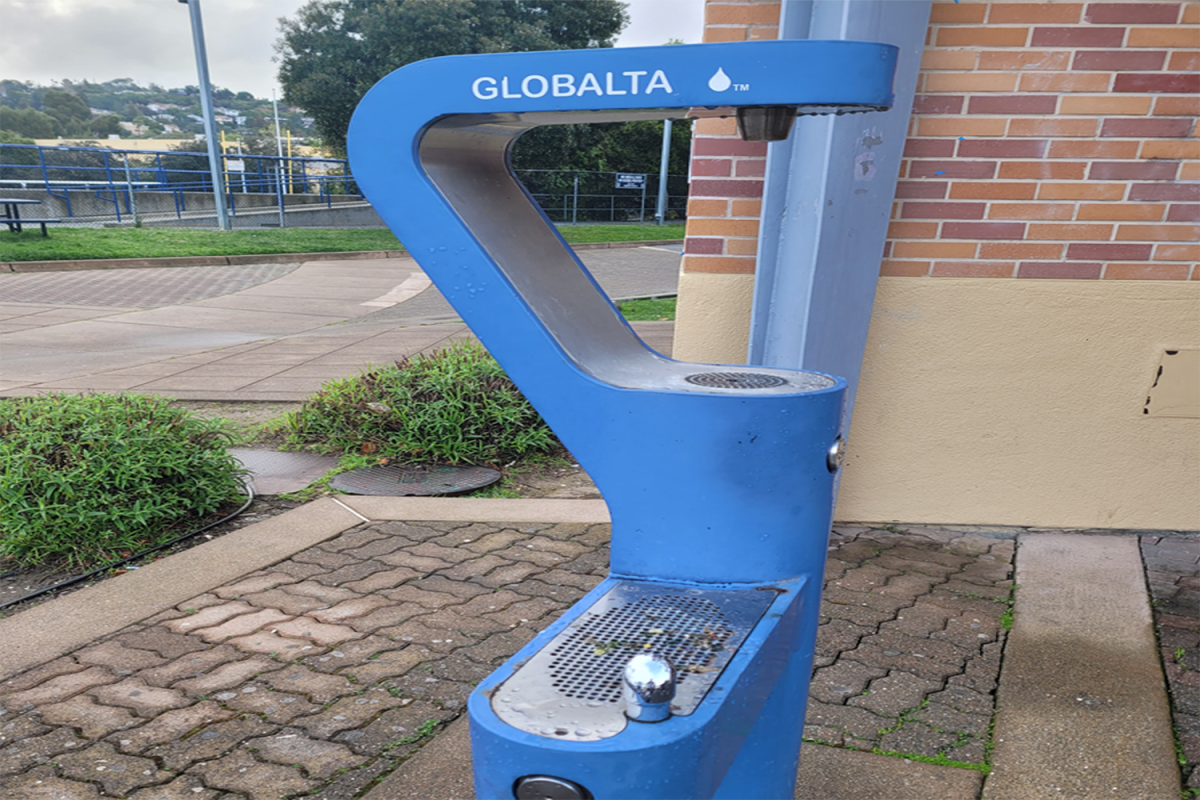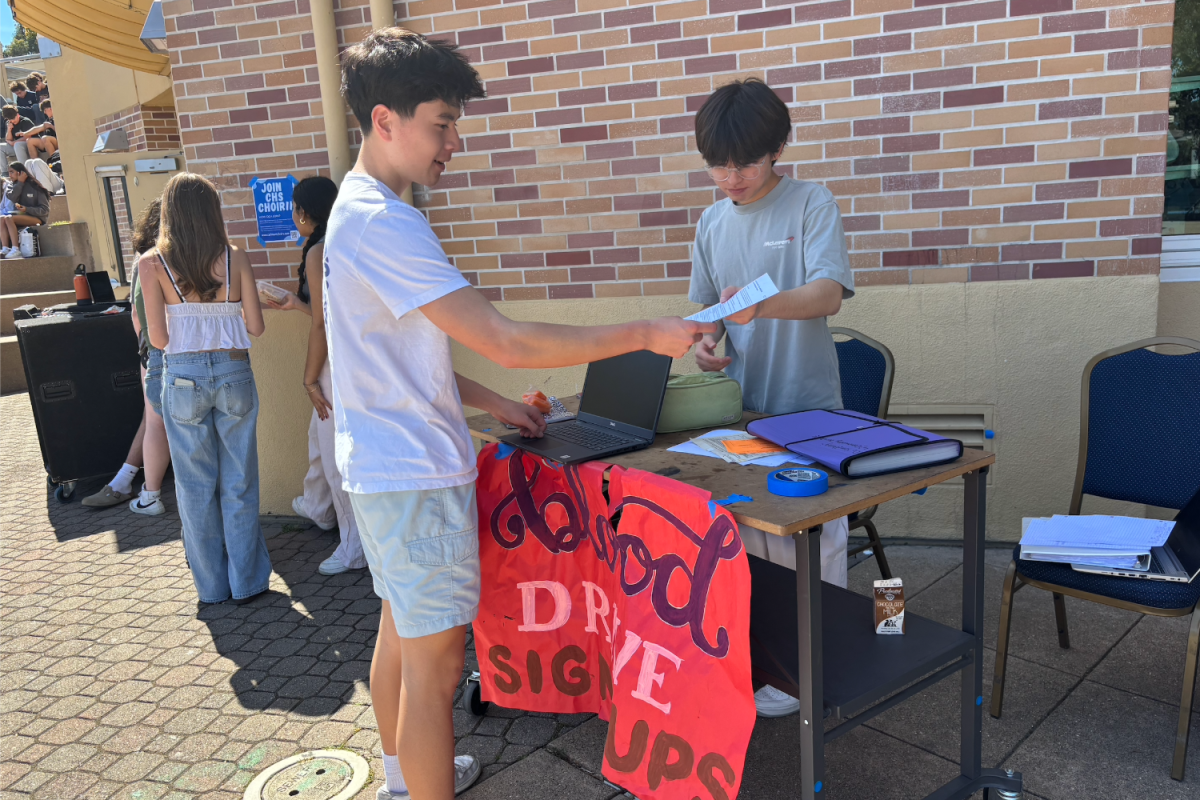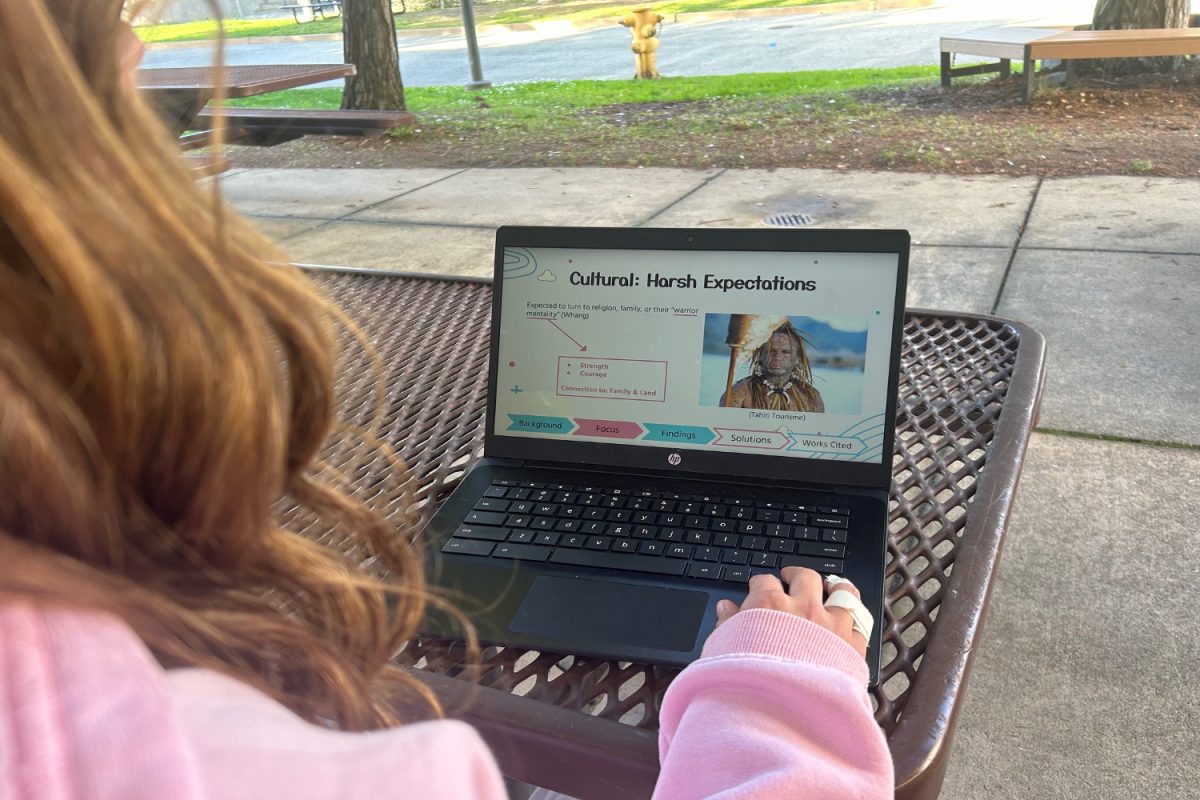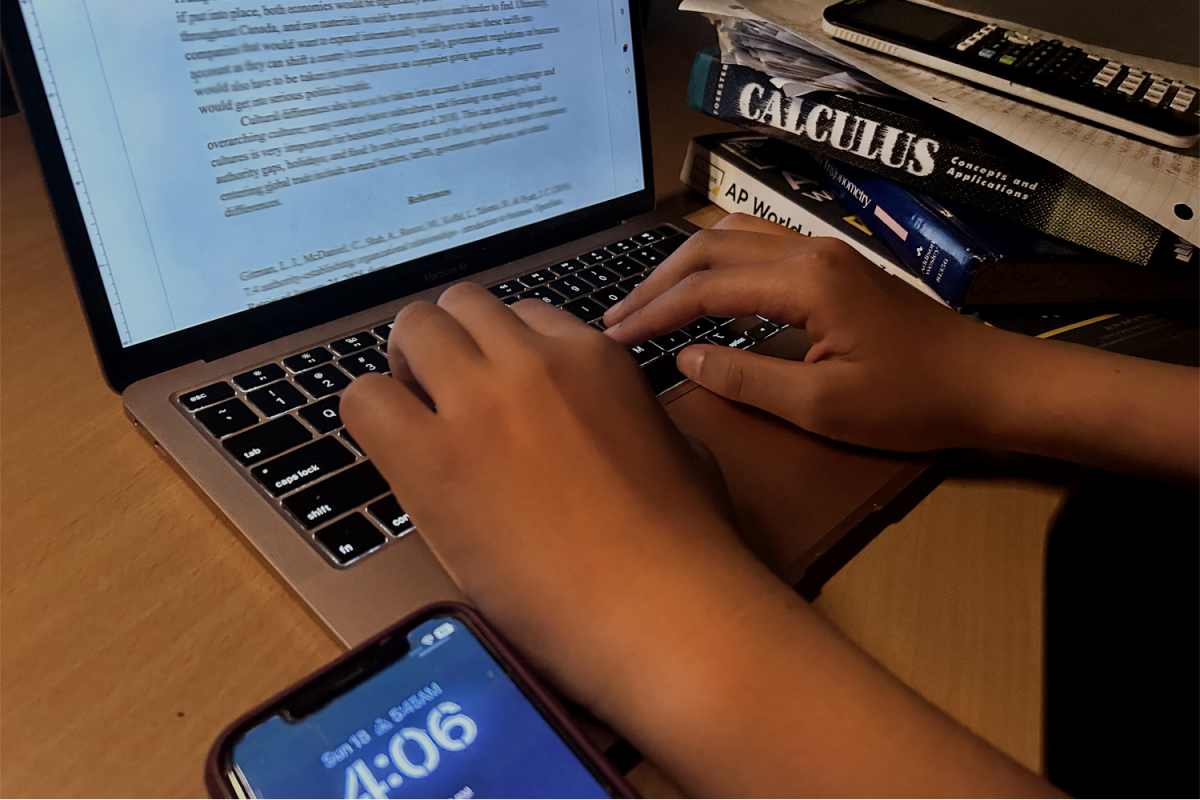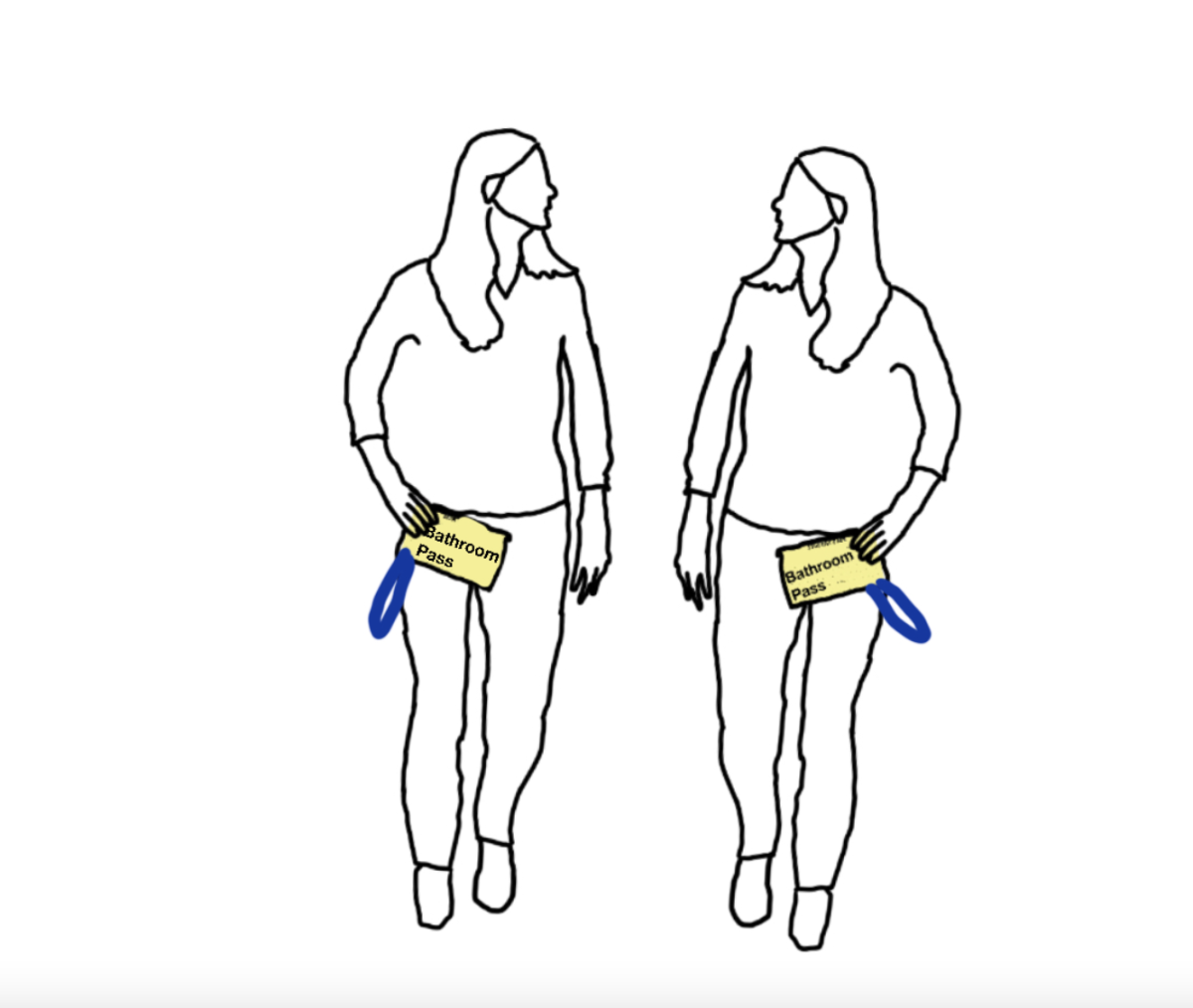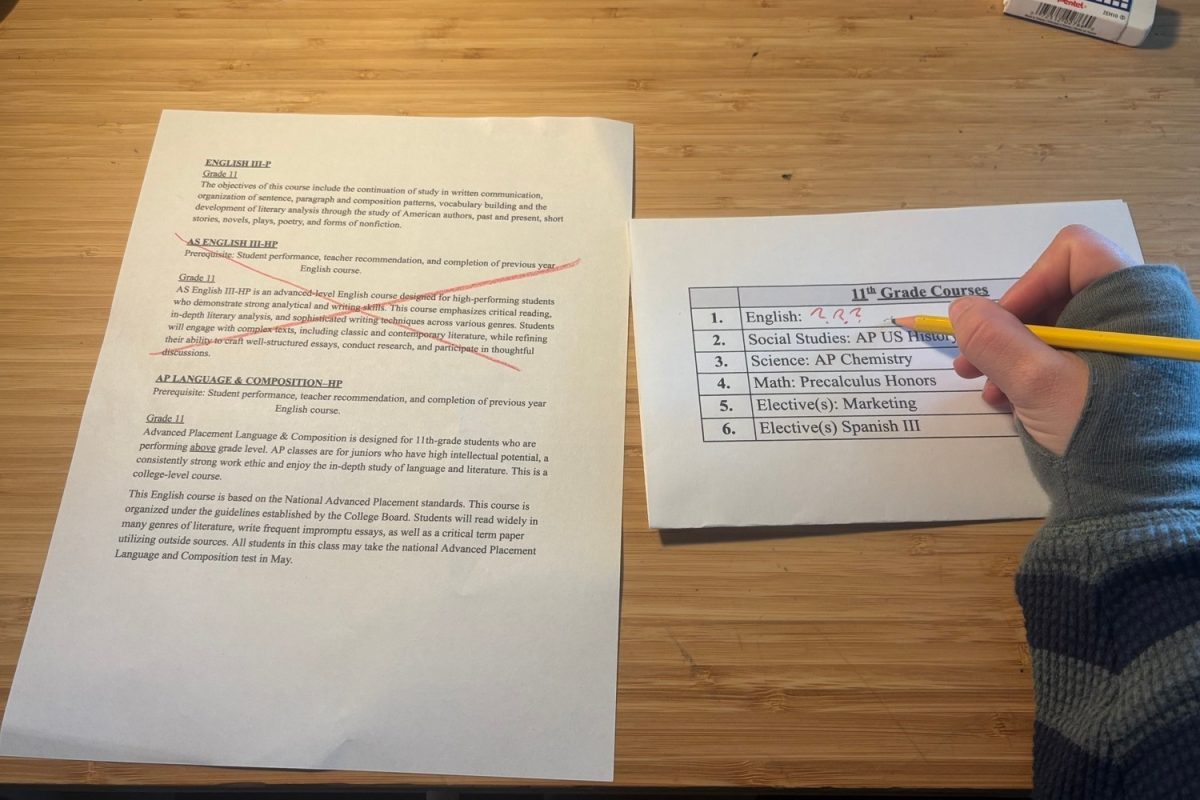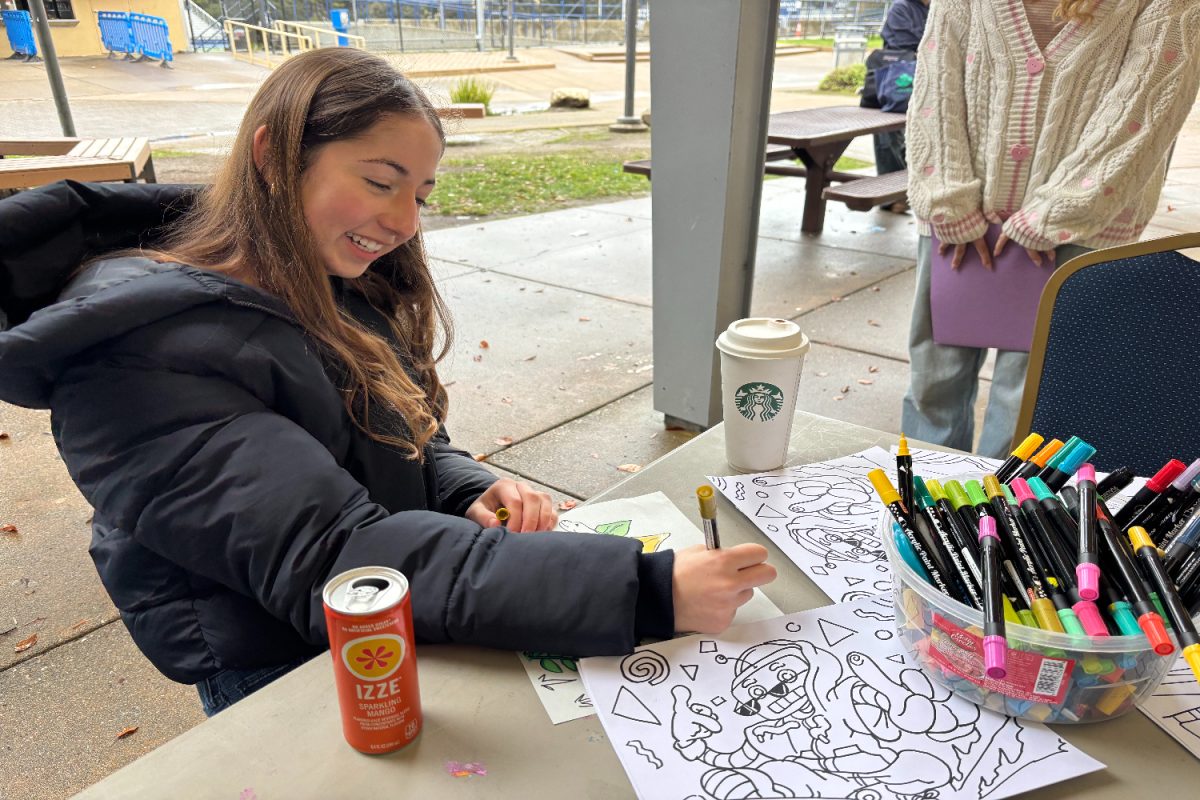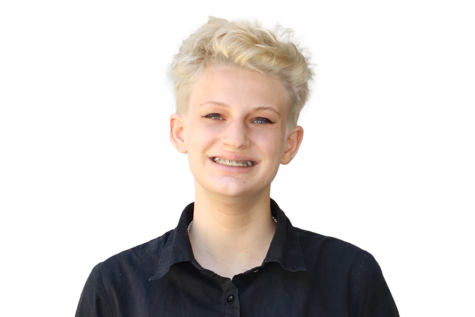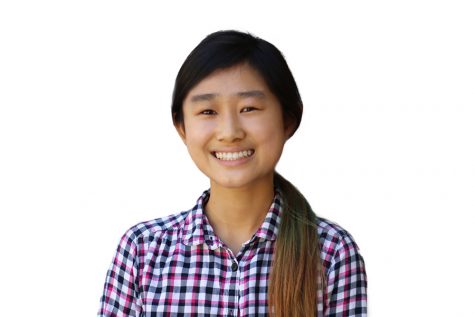As Carlmont students begin to focus in on what they want to pursue after high school, some find entrepreneurship particularly appealing. Fittingly, the November science lecture was centered around this topic and aimed to educate and inspire potential entrepreneurs.
On Nov. 6, Diego Rey, co-founder of GeneWeave Biosciences, described his experience starting his company, which began with the identification of a problem.
“It’s really easy to focus on the technical innovation of the scientific concept and then go figure out what to do with it, but oftentimes, the purpose of the company product that is developed is to solve a problem,” Rey said.
Rey’s problem focused on how antibiotics treat illnesses fairly slowly. In order to decide which antibiotic to use when treating a patient, doctors take a blood sample, grow cultures from the present bacteria, and then apply antibiotics to the colonies.
According to Rey, this process can take days, and time is crucial; the mortality rate of patients increases by 7% to 8% an hour when sepsis occurs. Sepsis is when infection-fighting chemicals cause inflammation in the entire body.
“Now, how do you solve this? Is there a better solution to the problem?” Rey said.
He then described that his next task was to establish a plan to resolve the issue. His goal was to get results back to the patients in the shortest amount of time possible to minimize the risk of death.
“We started looking at what science and technology we have at our disposal, which might allow us to realize this vision,” Rey said.
Rey’s process was to take a sample and develop the cobas® vivoDx System to detect bacteria for diagnosis. The steps to achieving his goal were now more clearly outlined, and he started GeneWeave Biosciences with his colleagues.
Rey, Jason Springs, and Leonardo Maestri Teixeira searched for a grant to run their company. In 2012, they gained $12 million from various investors to fund their company. Rey later worked at Y Combinator, a prestigious institution that invests in other biotech companies like Rey’s.
“There’s no other startup incubator as successful as Y Combinator. Basically, if your startup gets into Y Combinator, you’re on the road to success,” said Kevin Wang, a senior.
With this money, they were able to design and build the cobas® vivoDx box that would test their bacteria.
“The next challenge after building this test was actually demonstrating the clinical performance, in other words, showing that it actually works in the clinic,” Rey said.
He did just that and finally achieved his goal of helping patients. In 2015, GeneWeave Biosciences was acquired by Roche, a pharmaceutical company in Switzerland.
“We had 50 employees, and joined a much bigger family of over 94,000 employees today,” Rey said. “One of the things I was most proud of when building the company and being a part of it was really the culture we created.”
Students interested in business at Carlmont share similar sentiments to Rey about the importance of company culture.
“If everyone has a good positive mindset in the company, the company will be more productive,” said Sunny Huang, a member of DECA, a Carlmont business club.
Likewise, Rey emphasized the importance of company culture in ensuring a profitable and ethical business.
“Company culture is what really keeps the company on the right path. Every company starts with the intention of doing good, but it is to actually cultivate the culture that keeps the company on that path,” Rey said.
Referencing his own success, he tells students that anyone can start their own company, all they must do is find a problem and work towards a solution.

